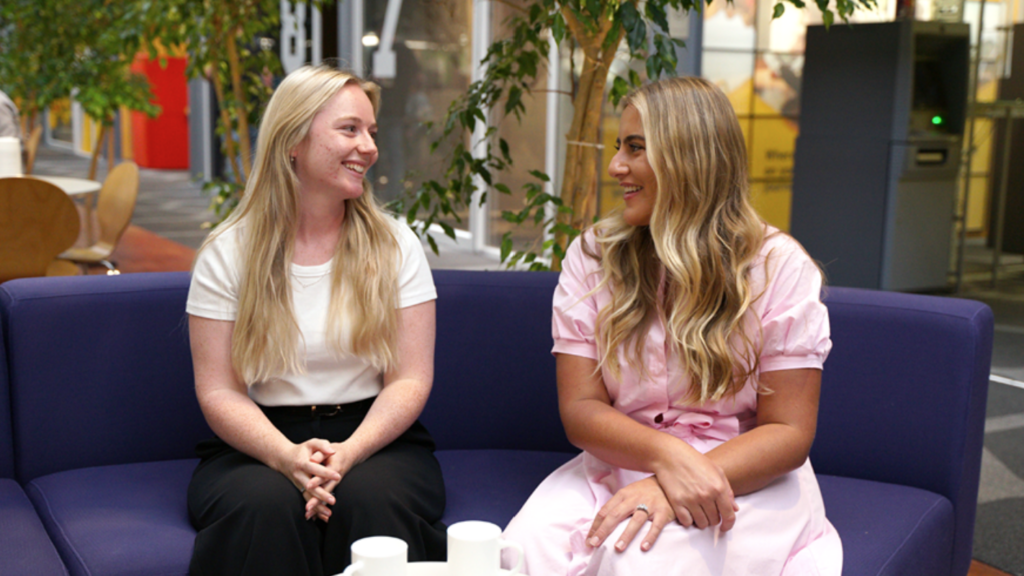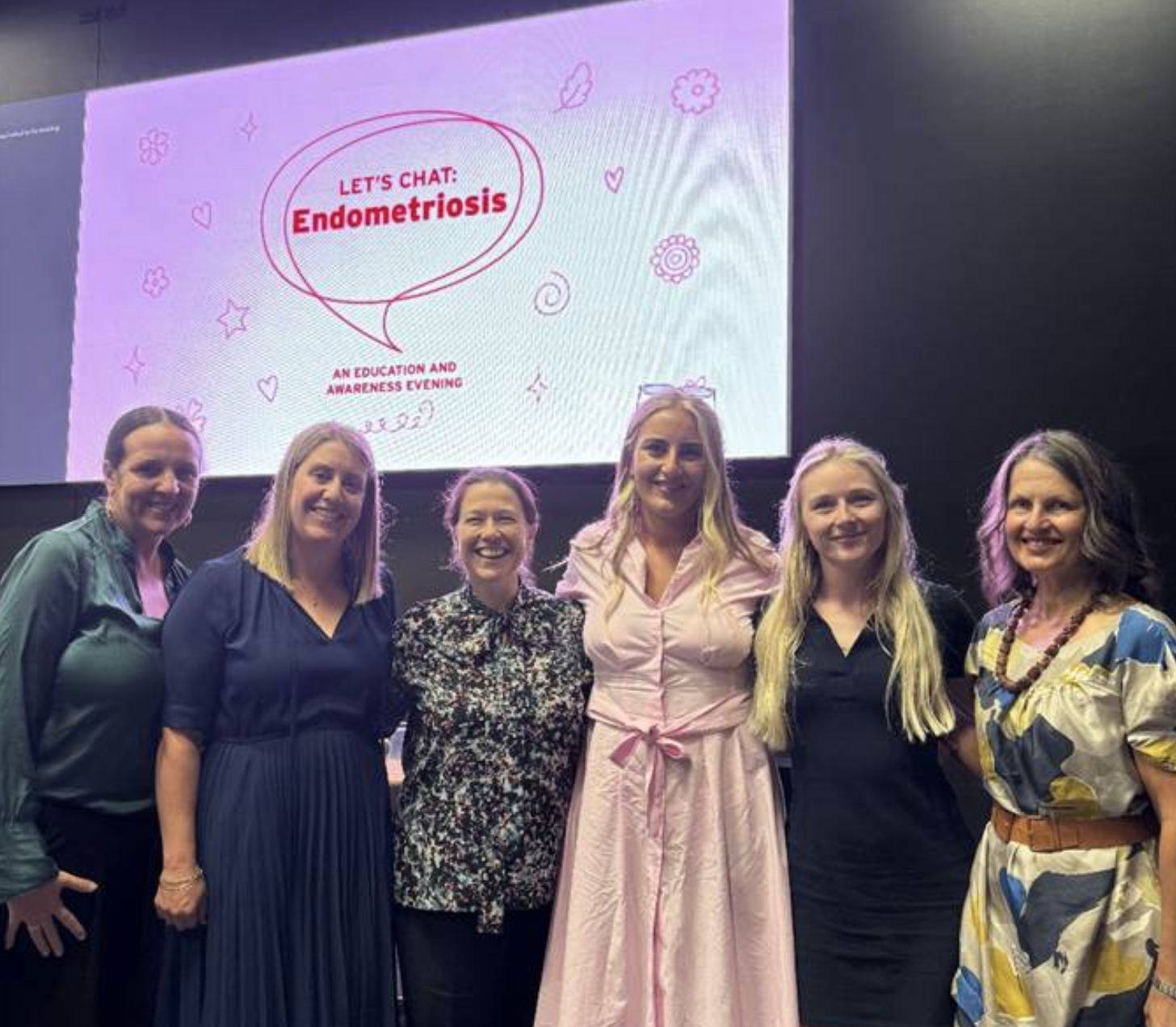Originally published by ASB Bank, March 27 2025.
Roughly 1 in 10 women in New Zealand will have endometriosis, and the average diagnosis time for this condition is 7-10 years. According to the Endometriosis New Zealand ‘Endo in the workplace’ survey, 92% of respondents said they struggle to manage endo in the workplace. We want to create an environment where our people feel supported to bring their whole selves to work, including some of the challenges they may be facing. This is what inspired group founder Tatjana Gojak and co-chair Courtney Callaghan-Pope to lead ASB’s first ever Endo Support Group.
We chat to them to find out a bit more about their journey in raising awareness and educating on this topic.
Tell us a bit about the ASB Endo Support Group?
Having people you can relate to is one of the most powerful things we have experienced, so we created the Endo Support Group at ASB to provide a safe space for people with endo in the workplace, as well as support those who have a loved one living with the condition. We aim to remove stigma, connect, share knowledge, provide tips, resources and general support for each other.
What inspired you to co-chair the support group?
Tatjana: I wanted to start this group because I felt really strongly about the enormity of having just one other person who knows what you are going through with this condition. I wanted to create that support at ASB and I thought I definitely wasn’t alone in my experience, however, what was missing was the opportunity to connect with these people, so I wanted to create that opportunity. I also wanted to create the Support Group because I knew the level of care that I was experiencing with my managers may not be something that everyone is lucky enough to have. I wanted to try and raise awareness and education throughout the company so that this level of care is present everywhere.
Courtney: I was immensely grateful to find the group prior to my endo diagnosis, I had been seeing a gyno specialist who suspected I had endo, and I launched into full investigation mode, which caused a little more stress to find out how serious and impacting this could be. Finding this group at ASB relieved so much of that stress for me, knowing there were women in similar positions, even though everyone’s journey and diagnosis is different, finding those who could help me through this unknown time. The support group was one of the most important things in my “endo survival toolkit”, so when the opportunity came up to co-lead, I was excited to be able to give something back. Since then, I’ve helped a couple of women within my department during their pre and post diagnosis of endo which has been incredible to continue to offer the same help and support I was given when I needed it.
What does inclusivity look like for the members and supporters of the Endo Support Group?
Inclusion looks like not being treated differently or disadvantaged in the workplace because of your health issues, and this extends beyond endo. Having to take sick leave often or having to work remotely because of endo is really common and can make you feel less ‘visible’. So it’s great to see our workplace taking steps to improve awareness of this issue, and also offer flexible working which is really valuable.
At the end of the day, everyone is just doing their best to show up and be a great team mate. Some people’s best may look a little bit different sometimes but those differences don’t mean anyone is less valuable, capable or worthy.
What has the support group been up to and do you have plans for the future?
Our key focus for the past year has been the education and awareness event ‘Let’s Chat: Endometriosis.’ We brought together industry experts, including gynaecological specialist and surgeon, Dr Sarah Fitzgibbon, the CEO of Endometriosis New Zealand Tanya Cooke , and women’s health psychologist Leena St Martin to come and tell us everything we needed to know about endo from a medical perspective, the psychological impacts of endo, and how to be an ally in the workplace as well as at home.
We also worked to get the Endo in the Workplace resources across our internal platforms so that they are accessible to everyone at ASB.
To get our next focus, we are going to go back to the Endo Group members to see what additional support would be most meaningful for them! There is lots more to do but we’re really happy to have the foundation set for what’s to come for the support group.




